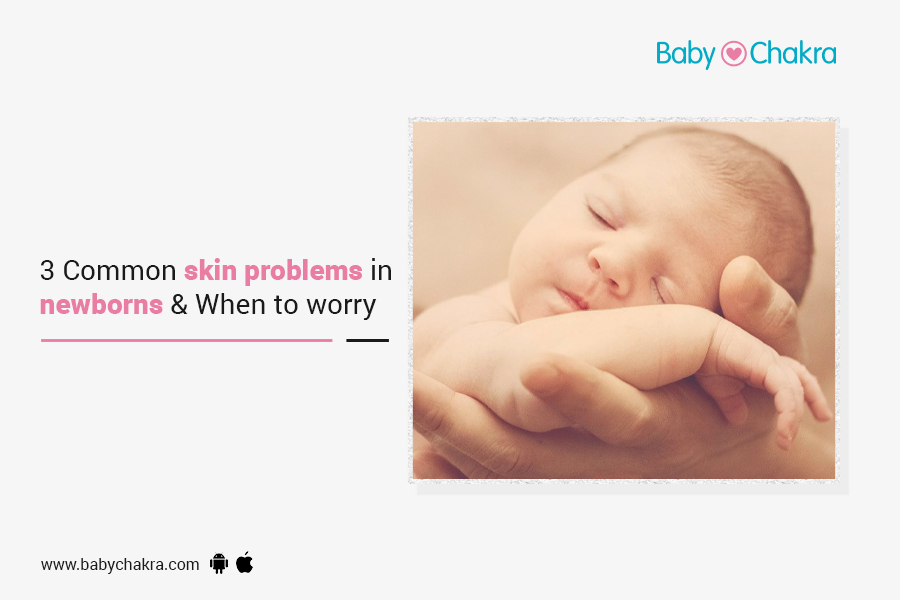
3 Common Skin Problems In Newborns & When To Worry
13 Oct 2022 | 2 min Read
Dr Vikas Kaushik
Author | 1 Articles
As we all know newborn skin is very delicate, thin, and not very well developed with sebaceous and sweat glands. For the same reason, we have special products like baby soaps. Baby shampoo, baby creams, and so on to suit their delicate skin.
When babies are in the maternal womb, they are covered with a thick greasy layer known as Vernix caseosa that protects their skin. At birth, the layer is removed by us and so is their skin gets exposed to environmental hazards.
When it comes to newborns, we should know that most of the rashes on babies are harmless and transit. 3 such common skin problems seen in babies include:
· Acrocyanosis
Acrocyanosis or baby’s hand and feet appearing blue right after delivery is quite common and nothing to worry about but on the other hand, if you see this blue coloration on the lips or nose of the baby it’s normal and you need to worry about it.
· Erythema toxicum neonatorum
Another skin issue is erythema toxicum neonatorum which appears like white or yellow spots surrounded by redness that appears on the body except on the palms and soles. These rashes appear within a few hours of delivery and are seen in about 50% of the baby. Parents do not need to worry about this kind of rash as this physiological rash as they get fine within 1-2 weeks by itself.
· Neonatal acne
Similar to erythema toxicum neonatorum is the neonatal acne seen on the baby’s face which appears in 2nd or 3rd week. This neonatal acne is a result of maternal hormones. This acne needs to treat if they do not heal within 2-3 months or they excrete a pussy discharge.
A


Related Topics for you
Suggestions offered by doctors on BabyChakra are of advisory nature i.e., for educational and informational purposes only. Content posted on, created for, or compiled by BabyChakra is not intended or designed to replace your doctor's independent judgment about any symptom, condition, or the appropriateness or risks of a procedure or treatment for a given person.
